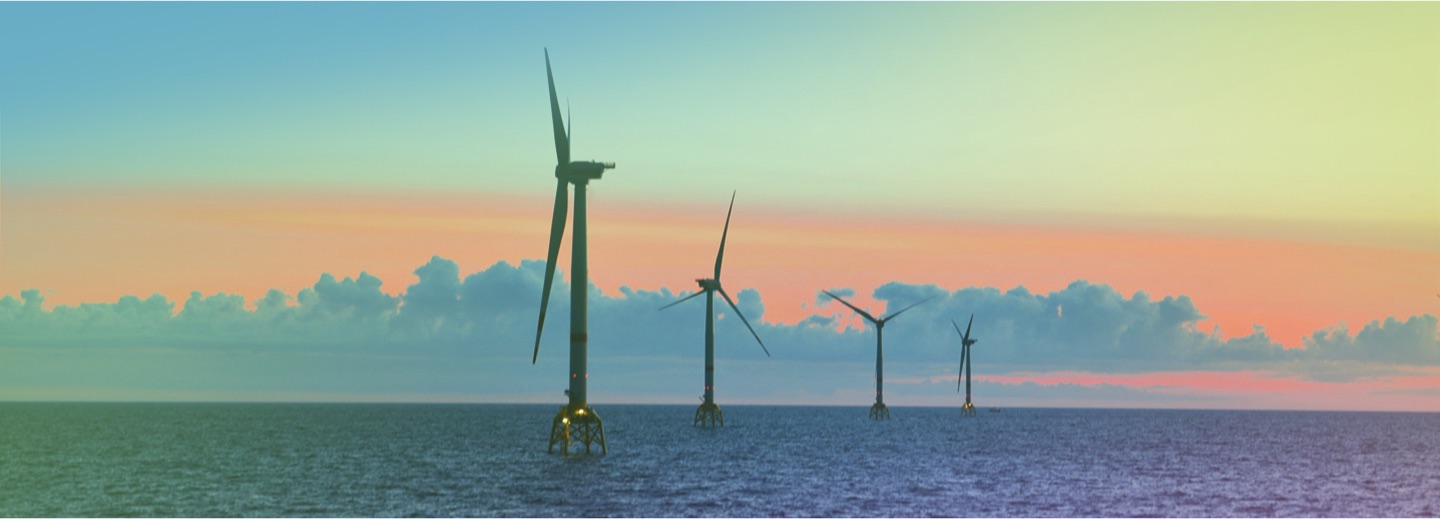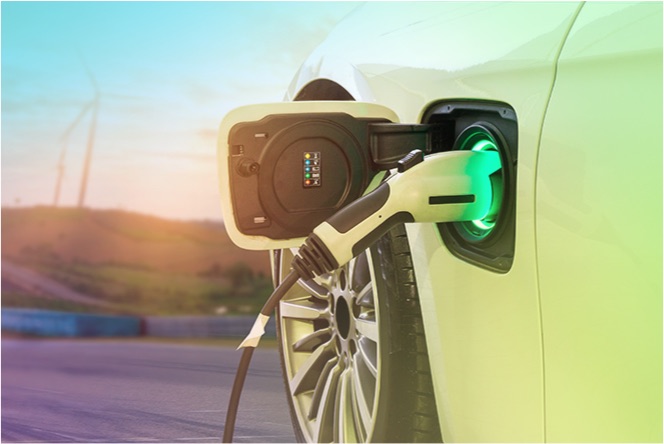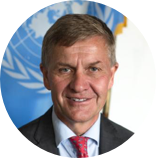
EARTH
OPTIMISM
EARTH
OPTIMISM!
Throughout history we humans have risen to the occasion and transformed the World. Change tends to be slow for long and then, all of a sudden, change turns into overdrive.
In 2004 smoking was allowed, sometimes even encouraged, in restaurants all over the planet. Then came the ban, first in Ireland, and most countries followed. The brewery and restaurant businesses rung the alarm bell. They would go straight into bankruptcy, it was argued. Some even claimed that the ban would increase mental diseases. None of the alarmist's predictions happened. Only 15 years later, it is close to impossible to find a single restaurant anywhere in the World where you are allowed to smoke indoor.
The same applies to bigger issues than smoking. Slavery, civil rights, workers living conditions, legal rights for women, acceptance of sexual diversity. Change was slow for long, then fast.
Even in the midst of the COVID-19 crisis, all long-term trajectories point upwards. Life expectancy globally is 72, before the Industrial revolution it was below 30. Nearly all children in today's world start in school and they are vaccinated against most dangerous diseases. Extreme poverty has fallen dramatically, and the vast majority of humans now belong to the middle class.

The same applies to bigger issues than smoking. Slavery, civil rights, workers living conditions, legal rights for women, acceptance of sexual diversity. Change was slow for long, then fast.

Even in the midst of the Covid-19 crisis, all long-term trajectories point upwards. Life expectancy globally is 72, before the Industrial revolution it was below 30. Nearly all children in today's world start in school and they are vaccinated against most dangerous diseases. Extreme poverty has fallen dramatically, and the vast majority of humans now belong to the middle class.
Develop fast and go green at the same time
But what about the environment?
There is no way of hiding three main challenges - climate change, destruction of nature wiping out animals and pollution killing millions every year. But there are successes to build upon. When I joined politics in the 1980s the two critical green issues of the day where the hole in the ozone layer and acid rain. Both are resolved.

model is possible
There is a well proven universal recipe for change. You need citizens driving change and standing up for what is right. You need visionary, strong political leadership. And business must be allowed and supported to put ideas into practice and drive change at scale.

model is possible
The good news is that we are at a turning point in history. For the first time a new green development model is possible. Up until now we have followed the model of the industrial revolution, prioritized growth and only turned our attention to the environment when we reach a certain level of development. This was the model of Europe, of America, of Japan and latest of China.
Now a new model is available. We can develop fast and go green at the same time. Renewables outcompete coal everywhere for new investments. Not just on welfare for people and on clean nature, but on price. That is the game changer. We see the results coming, first as a trickle soon as a tsunami.


For the first time in 2020, the United States will receive more energy from renewables than from coal. In May permits was just given for a big solar plant in Las Vegas. It's a strong symbol of the seismic shift we are at full speed into. Next time you go gambling, it's based on clean energy.
In June the cheapest energy bid ever was done in India. Spanish and Italian companies were among the winners of solar energy contacts at all time low prices. India has the first all solar airport in the world in Kochi, Kerala and the first all solar rail station. New Delhi metro will soon be powered by the sun.
And China, while still heavily dependent on coal, is changing faster than most. China is the world's biggest producer and buyer of solar energy of wind power and of batteries. 70 % of all environment friendly high-speed rail is in China as well as 99 % of all electric buses. The great city of Shenzhen alone has 16 000 electric buses, a lot more than all nations outside China combined.
It is now almost certain that 2019 was the year of peak oil. The International Energy Agency expects demand for oil to fall by 9 percent in 2020, it could be more.

Little Tesla is now worth more than the car giants Ford and General Motors combined. It may overtake Toyota. Astonishingly Netflix just passed Exxon Mobil in stock exchange value. The markets believe the future is renewable not fossil.
To fully embrace this promising new world, we need national and global programs for electrification, for nature-based solutions and for a circular economy.
Next level: electrification
Electrification is on the way, but governments and business must speed up to avoid dangerous global warming. We need public-private collaboration to invest in, test and roll out good green solutions. With an ambitious program, almost all transport can go electric. In my country, Norway, half of all new vehicles sold are electric due to good government stimulus programs. Most new ferries crossing our fjords are also electric. Electric flights are starting to take off in Canada and other places. Governments must work with the airlines and the manufactures so that electric flights soon become standard for short haul flights and with improved battery technology later for the long haul.

Offshore wind is very promising. A bit expensive now, but with mass production prices will spiral down. A great vision is charging stations in the midst of the Ocean where electric boats crossing the Atlantic or the Pacific can recharge in the high seas, without costly stops in ports.
Many countries still lack green business policies. The corona crisis is a 'once in a lifetime' chance to do the right thing. If citizens demand change, governments lead and business can flourish, we will get there. There is a price for being late to history. But fortunately, history rewards those who lead us into the change we need.
Erik Solheim, is a well-known global leader on environment and development as well as an experienced peace negotiator. He served as Norwegian minister of Environment and International Development from 2012-15.
Also, Erik has been chair of the OECD Development Assistance Committee (the main body of world donors) as well as Executive Director of UN Environment. Currently he is senior adviser at World Resource Institute and Convener of the Global Coalition for Green Belt and Road and serves as the CEO of the Plastic REVolution Foundation.









